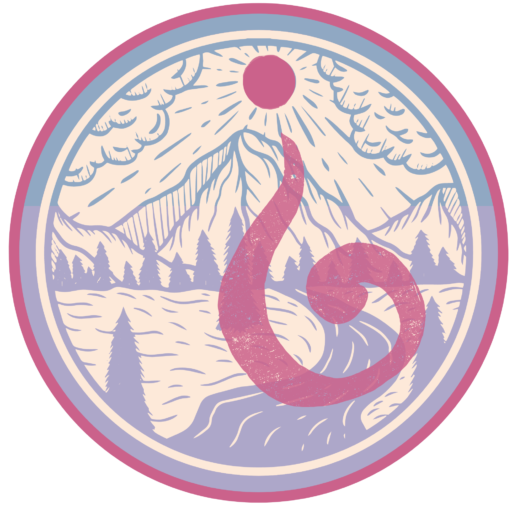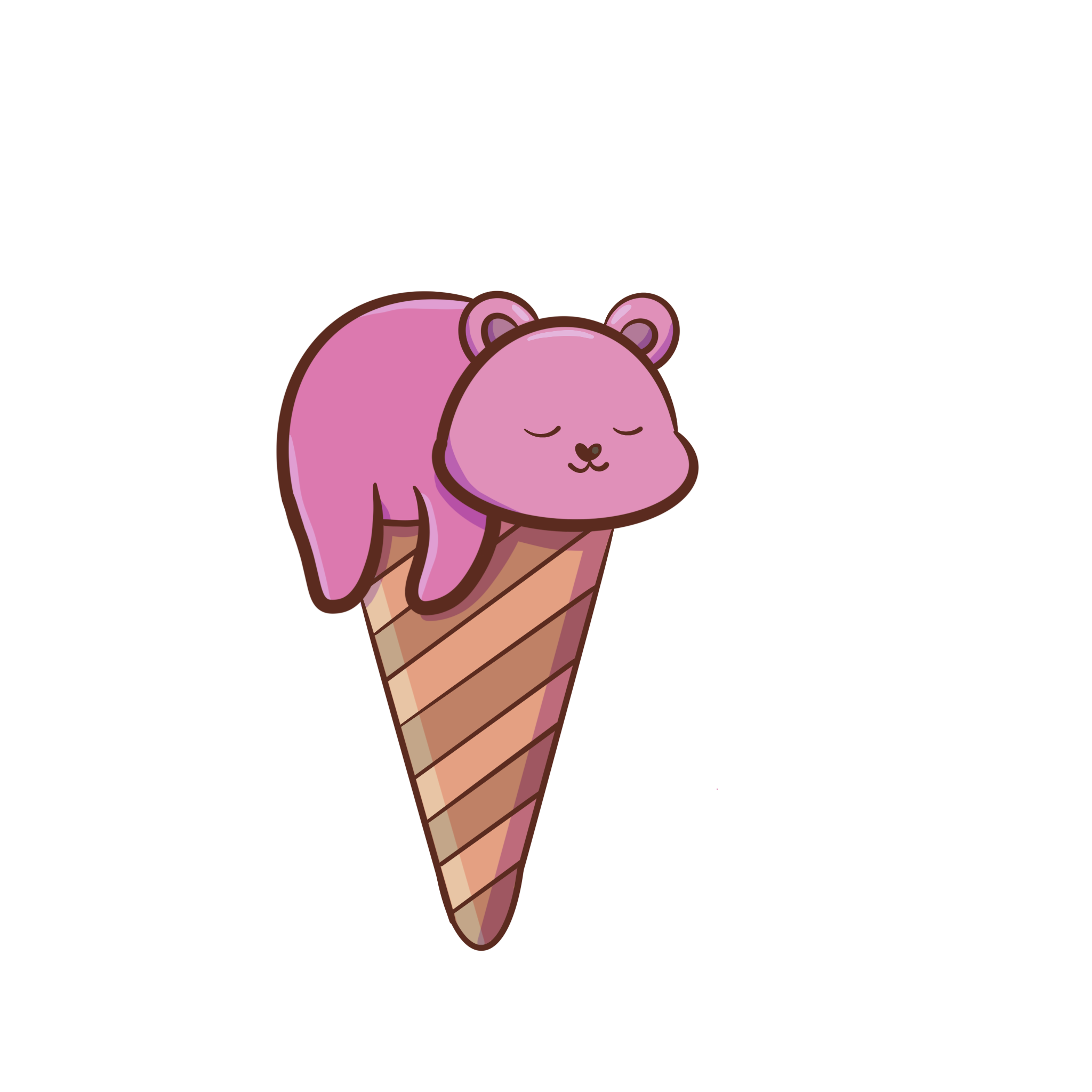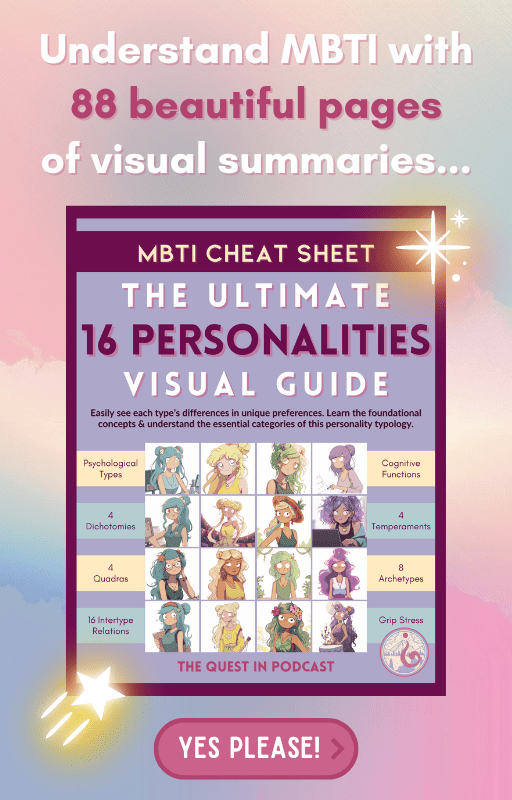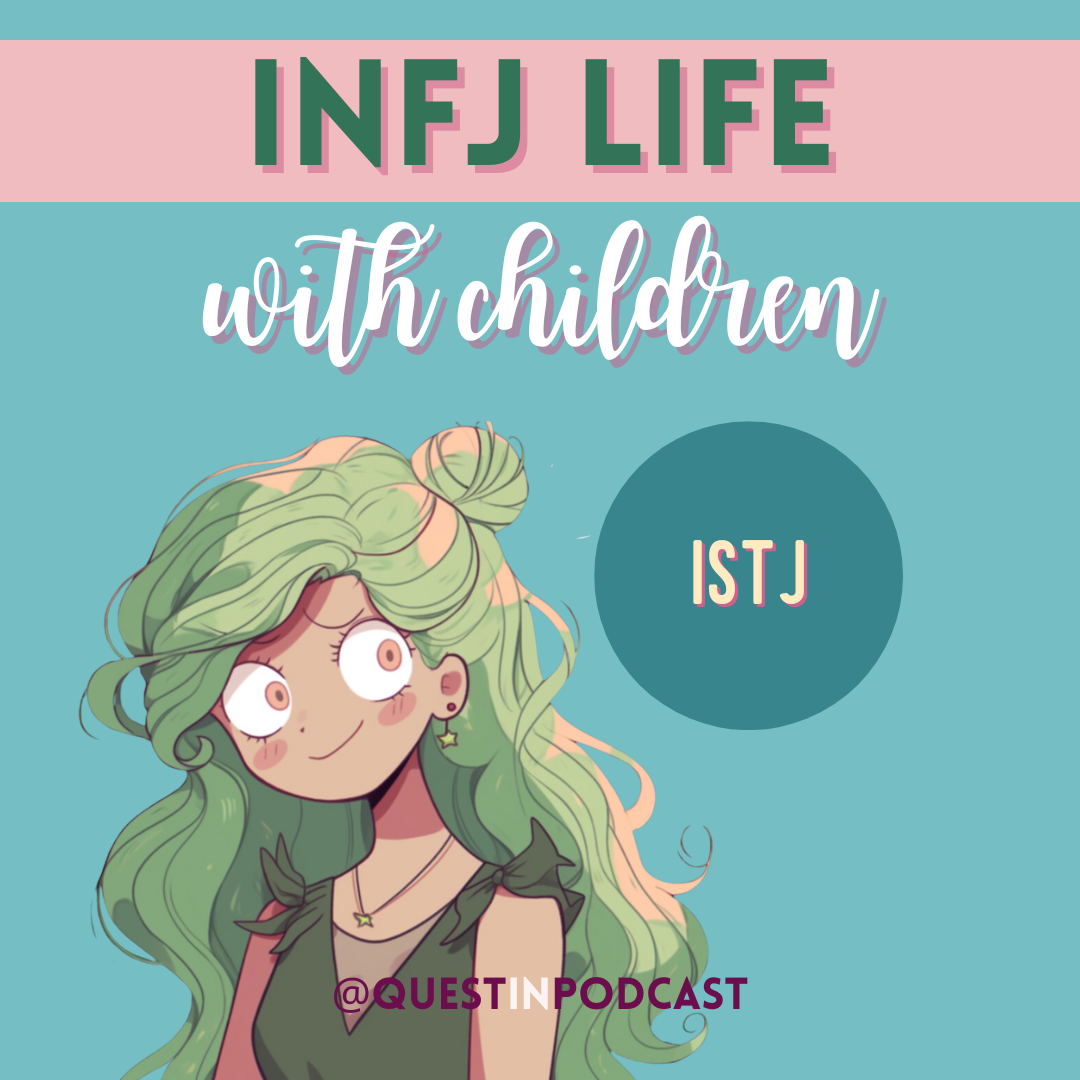
The Birth Order Book by Dr. Kevin Leman
What is the Birth Order book?
The Birth Order book explains how birth order affects personality. “Birth order” refers to whether a person is the first, the middle, the last, or an only child. Dr. Kevin Leman’s classic book explains the observable traits in the first born, middle children, younger siblings, and only children.
The theory of how birth order influences personality originated from Alfred Adler (Austrian psychoanalyst) in the early 1900s. Leman’s insightful book adapts and adds to the theory in his Birth Order book. He also includes many actionable tips to overcome ingrained tendencies for each type. It’s overall a fun read with much wit and commonsense psychology.
Dr. Kevin Leman is an internationally known psychologist. In his Birth Order book, Leman shows readers how they can gain understanding of people through the lens of birth order for personal growth, business, and marriage. He sprinkles in personal anecdotes and funny observations from his career as a clinical psychologist.
In this article, I’ll summarize key takeaways from the book on how birth order affects personality. As a disclaimer, there can be birth order variables that affect what personality develops, such as parenting style, blended families, and family issues.

Okay, let’s quest into it!
How influential is our family in our upbringing?
According to Kevin Leman, everything comes back to family as there is no greater influence when you are growing up than your family. No other experiences compare to what goes on in the home. Therefore, family life makes an incredible psychological imprint that affects a person’s personality. The influence tends to persist as you grow up and move away.
“The influence your family has on you as you grow up can reach across time and distance to touch you in profound, and sometimes disturbing, ways years after you think you’ve “grown beyond all that.” – Kevin Leman (Birth Order book)
The most intimate relationships in life are with your family, the one you grow up in as well as the family that you create through marriage.
Dr. Kevin Leman writes, “When you think about it, isn’t everything in life about relationships?” He even claims that people tend to have friends of the same birth order.
Birth Order Variables
Some things that may affect how one’s personality develops from their family, aside from solely birth order are the influences of older children and the mix of genders. Older siblings have effects on the laterborns.
In general, same-sex secondborns tend to experience more friction. Children are most affected by whoever is directly above in their family.

In all families, a lot depends on the parenting style of the mom and dad.
Marriage Advice from the Birth Order book
“If you’re not married yet, and you want better odds for a happier marriage, marry out of your birth order.” – Kevin Leman (Birth Order book)
The optimal combination for marriage is to marry an opposite/different birth order to guarantee more happiness and satisfaction between the couple. Couples who are different from each other but work to understand and appreciate each other’s differences are the ones who get along best.
Marriage partners who are too alike tend to not get along well due to invading each other’s territory.
Through his career as a contributing family psychologist, he recognized that the most competitive, most volatile, and most discouraged partners are combinations where both spouses are firstborn, or worse both are only children.
Firstborns (as well as only children) as partners may disagree about everything because a first born or an only child is a perfectionistic nitpicker who excels at finding flaws.

Understanding the Firstborn
Definition of “First Born” (3 ways)
Interestingly, Kevin Leman defined a firstborn as:
- The first child in a family
- The first child of that gender in a family
- A child whose next closest same-sex sibling is 5+ years older
Birth Order and Presidents + Birth Order and Astronauts
A fun fact is that 64% (28 out of 44) US presidents were firstborns or only children.
Another fun fact out of the 23 first astronauts sent to space, 21 were firstborns and the other 2 were only children.
Qualities of Firstborn Children
A first born tends to be perfectionistic, reliable, and conscientious. They are the well-organized list-makers and natural leaders. Firstborns are often serious, critical, scholarly, logical, and achievement-oriented.
Oldest children tend to be black-and-white thinkers. They tend to dislike surprises, have a keen sense of right and wrong, and believe there is a right way to do things.

Birth Order and IQ
The IQ (“intelligence quotient”) of first born children tends to higher. The theory is that oldest children benefitted from receiving undivided parental attention before the arrival of other siblings.
Additionally, the more responsibility they had growing up developed more brainpower. At a subconscious level, oldest children tend to carry the weight of their parents’ dreams in their pursuits.
First borns are the test guinea pigs of their at-the-time inexperienced parents who as a result experienced more stress.
All the additional attention that firstborns received was a double-edged sword that also developed the additional pressure that they put onto themselves.
Firstborns and Professional Work
A first born is often found in professions that take precision, strong powers of concentration, and dogged mental discipline. In the Birth Order book, Kevin Leman notes that all of the faculty in the architecture college at the University of Arizona happened to be firstborns as architecture is an exacting field.
Research reflects firstborns are more highly motivated to achieve than laterborns. They are prepared, organized, and ready to get things done. Oldest children set high goals for themselves and may have a strong need to be charge.

“Alfred Adler characterized the firstborn by saying he or she likes “the exercise of authority and exaggerates the importance of rules and laws.” As for the second child, “he will be inclined to believe… there is no power in the world which cannot be overthrown.” – Kevin Leman (Birth Order book)
What about an Only Child?
Only children are like super firstborns who tend to be little adults by the age of 7 or 8. They are incredibly independent and mature beyond their years. Often, books become their best friends and great resources they take advantage of.
Understanding the Middle Child
Qualities of Middle Children
A middle child is often compromising, diplomatic, and avoids conflict, making them skilled mediators, negotiators, and peacekeepers. They are independent, secretive, and unspoiled.
Middle children develop opposite personalities of the sibling before them. Any time a later-born child enters the family, his or her lifestyle is heavily influenced by his or her perception of the immediate older sibling.

Birth Order and Relationships (Friends + Marriage)
While firstborns typically have fewer friends, middle children often have many. A middle child is big on friendships.
Middle children are unique, paradoxical, and very loyal. Of all birth order options, they are the most likely to be faithful marriage partners.
Contradictions of a Middle Child
Middle children can be inconsistent paradoxes.
They are often easygoing yet at other times very competitive. Sometimes quiet and shy, but also very capable of being very outgoing and friendly. A middle child is usually laidback, though at times may be impatient or easily frustrated. Despite being an innate rebel, they are also the natural peacemaker in their families.
According to Dr. Kevin Leman, you can think of contradictions for the middle children.

Understanding the Lastborn
“From the time they are old enough to start figuring things out, lastborns are acutely aware that they are the youngest, smallest, weakest, and least equipped to compete in life.” – Kevin Leman (Birth Order book)
Qualities of Lastborn Children
The babies of the family are charming, tenacious, and manipulative. Lastborns are social, outgoing, and know no strangers.
For them, life’s a party and “They’re most likely to get away with murder and least likely to get punished.”
The youngest in a family tends to be uncomplicated, humorous, and spontaneous. They often retain their endearing nickname and are very affectionate individuals.
Birth Order and Social Development
While a first born can be often found in leadership positions (such as managers), lastborns make good salespeople.
Lastborns are a people-person, attention-seeker, and natural salesperson. Maturing at an advanced pace, the youngest children tend to be high on people skills and very perceptive.

Often, laterborns are taught by their siblings for many things instead of their parents. Mom and dad were less joyed by their accomplishments and “taught out” possibly. As a result, a last born is a total sucker for praise and encouragement.
The Good & Bad of Lastborns
The downsides of babies include a habit of blaming others, rebelling, and acting before thinking. Sometimes, a last born can be bold enough to do things that would make other people cringe at the mere thought of.
The youngest child lives with a certain acceptance of constant ambivalence.
“Lastborns are on a seesaw of emotions and experiences that they feel hard to explain or understand.” – Kevin Leman (Birth Order book)
However, one of the best traits of lastborns is their persistence. When really committed to a goal, they harness their “I’ll show them” attitude and stick to accomplishing what they set out to do regardless of how long it takes or how difficult the task may be.

Conclusion
Birth order + personality development is definitely one of the concepts in psychology that can forever change your perception of people once you understand the patterns. It helps you to understand your own family dynamics and see the hidden aspects of others.
When you think about it, so much of our development happens within our family units. As a child, most can be quite unconscious and reactive instead of consciously responsive. Therefore, it becomes exceptionally valuable to understand how birth order affects personality.

The Birth Order book is an easy and fun read. It is well-organized and skimmable for quick referencing. Kevin Leman’s classic book gifts an abundance of insights on how to start seeing what is hidden in plain sight for how we are all shaped by the role we played in our families as older and younger siblings.
You can become aware of the ingrained tendencies of each type for the different birth orders. Of course with consideration to the influence of parenting style.
You can order yourself a copy of the Birth Order book by clicking here to purchase via Amazon: https://amzn.to/4c0Hn7K






